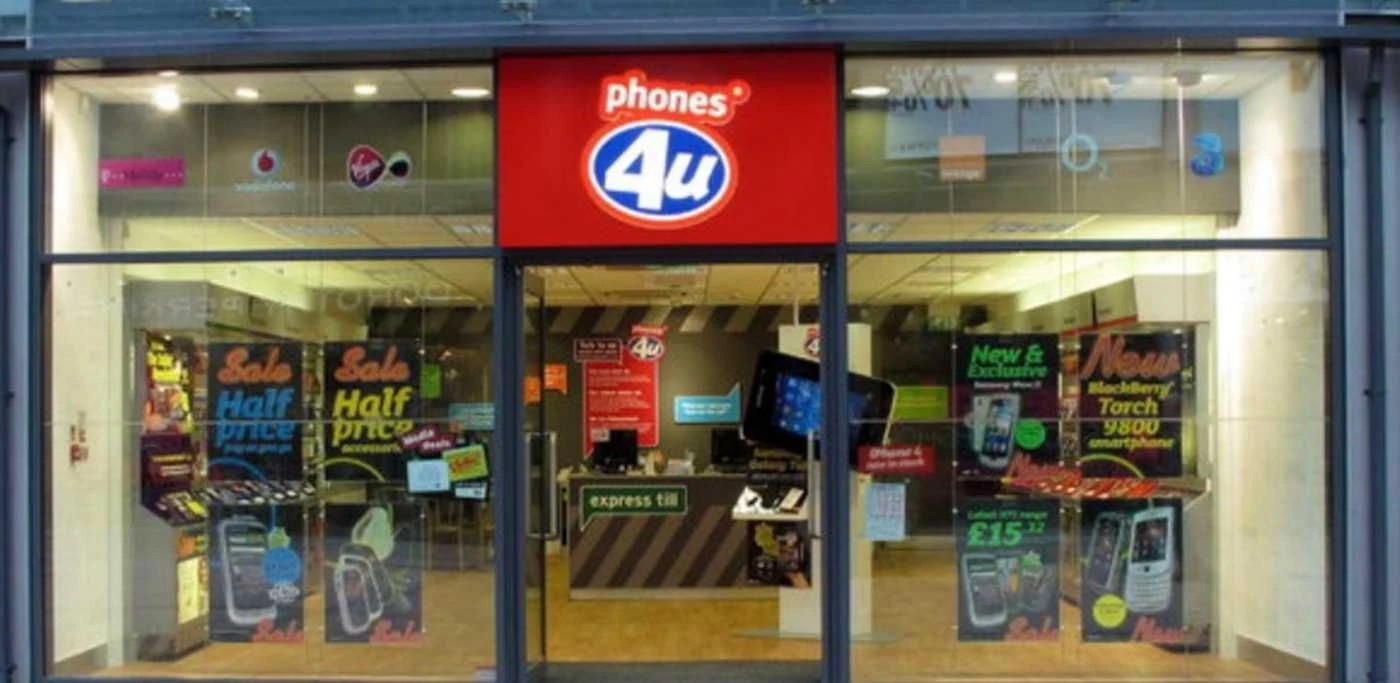Almost ten years on from the collapse of Phones 4u, and after five years of litigation, a UK Court finds insufficient evidence to prove operators acted in collusion with the intention of driving the retailer out of the business to strengthen their position in the market.
The defendants included EE (now-BT Group), O2 UK and Vodafone UK, as well as their parent companies at the time, which included major telcos Deutsche Telekom, Orange and Telefónica.
All claims of breach of competition law were rejected, as were claims that EE in particular was in breach of contract linked to its decision to announce it was ending its relationship with the retailer.
It was stated by Mr Justice Roth, the judge overseeing the claims, however, that an attempt to engage in collusion had been made by then O2 UK CEO Ronan Dunne with his EE counterpart Olaf Swantee at the infamous Landmark Hotel meeting.
The judge found, however, that the actions ultimately did not violate the law, or impact O2’s decision‑making.
The Court was also critical of the general approach of a number of senior executives within the defendant companies for failing to adhere to their own corporate guidance.
A hearing date is to be set for the first suitable time after 5 December 2023 to address issues including potential awarding of costs, and any applications to appeal the decision. The Phones4u administrators have set aside close to £50m as security for defendants’ costs, although the estimated outlay of the operators on legal expenses could be closer to £75m.
Subject to appeal by the Phones4u administrators, the case will now likely close with the operators cleared of working behind the scenes to reshape the indirect channel market in the UK.
The stakes had been high, with a potential £1bn value placed on the price of failure by Vodafone when it reported on the risk in its Annual Reports.
While the severe financial costs may have been avoided, the reputations of several senior executives may nonetheless still be tarnished by the Court’s assessment of their behaviour and the working practices that emerged during the trial.
Phones 4u legal saga
In July 2022, lawyers for collapsed mobile phone retail pioneer Phones 4u presented their closing submissions in a trial at the Rolls Building in London, sparked by allegations of operator collusion to bring about its demise.
As they did so, High Court judge and competition specialist Mr Justice Roth mused that a key part of his task would be determining who was telling the truth on several occasions when versions of events differed starkly.
The case as put forward by Phones 4u, and defended by the operators, was not principally based on differing interpretations of the law on collusion and anti‑competitive practice. Reference to case law was relatively modest. Instead, it was a matter of who said what and when — and what they meant by it.
Over the course of the trial, which ran from the middle of May 2022 until the end of July, the case for Phones 4u was built on inferences drawn around the potential contents of documents and files that have gone missing across the defendants’ businesses, as well as interpretation of meeting notes and emails that feature comments and statements that could be interpreted in a sinister or damning way.
The retailer painted a picture designed to show that, over a two‑year period, individuals within the operators’ management were sizing up an opportunity to disrupt the indirect retail channel where Phones 4u was a major player, and weighing the willingness of their peers to support such a plan.
The case broke down broadly into two sections: allegations of anti‑competitive discussions and behaviour at European and Group parent company level; which then fed into machinations among senior executives within operating companies in the UK.
These UK units were portrayed as striving to meet their parents’ demands to improve profitability in a market where the popularity of independent retailers was restricting operators’ ability to ease price pressure.
In doing so, the operators were said to have relied on improperly shared assurances from both local‑ and Group‑level sources that enabled them to take bold decisions on withdrawing from a key distribution partner. This could have caused serious harm to their own businesses, if not backed up by competitors, in Phones 4u’s telling.
Phones 4u asserted that this environment encouraged Telefónica UK (O2 — now part of Virgin Media O2) to sever ties across 2012–2013, and gave Vodafone the confidence to follow suit in 2014. It argued that this culminated in EE (now part of BT Group), acting from its position as the last major operator on board, effectively putting the retailer to the sword by declaring that it would not maintain commercial links beyond the end of an arrangement expiring in 2015.
This in turn is said to have obliged Phones 4u to notify its debtholders of the problems faced by the business, thereby triggering the insolvency process.
Phones4U Ruling
 Loading…
Loading…



